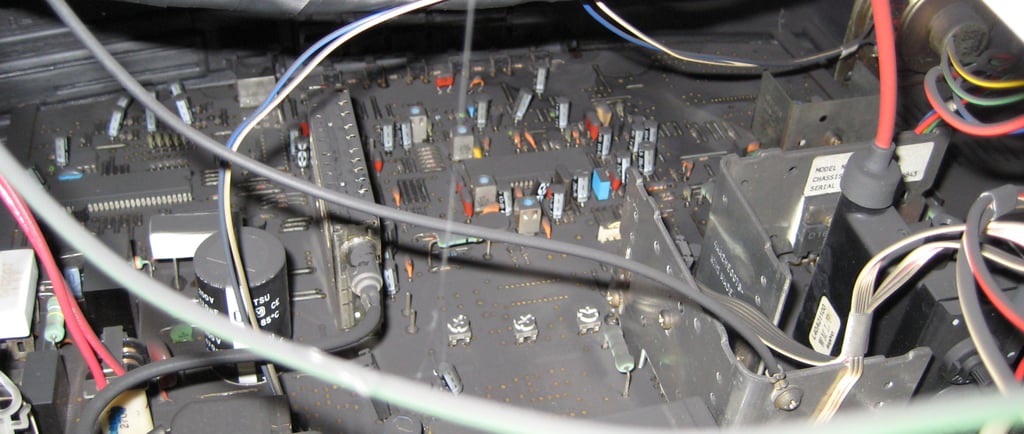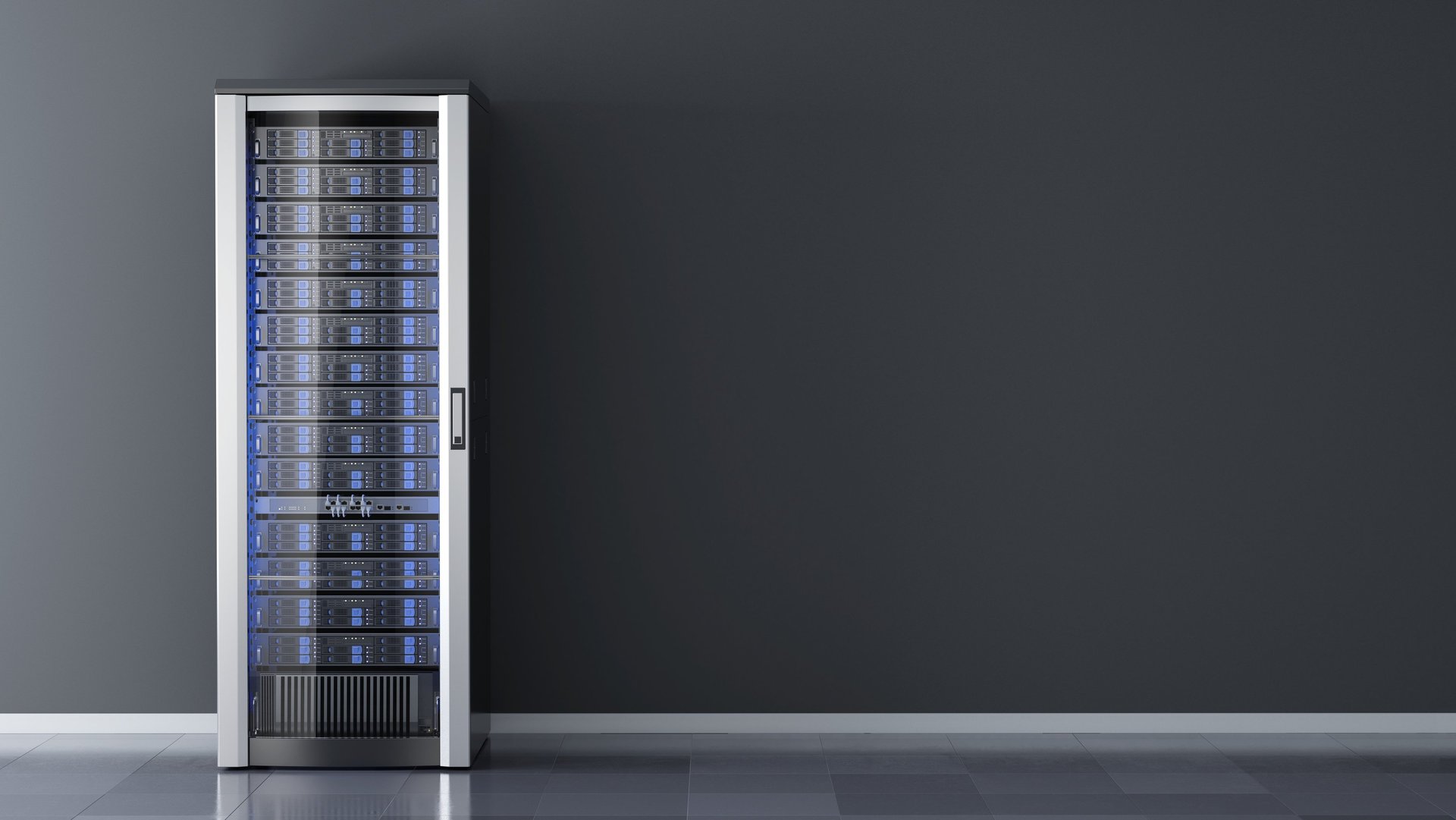Call for a free consultation 1.866.380.1708
How Smoke Residue Impacts Server Performance and Lifespan
Why Immediate Electronic Restoration Matters After a Fire Event
2 min read


Server rooms are the backbone of modern business operations, and any environmental threat—especially smoke damage—can silently degrade your infrastructure. While flames are the obvious danger during a fire, smoke residue is a hidden threat that can drastically reduce server reliability, performance, and lifespan. In this post, we explore how smoke affects server electronics and why professional electronic restoration is essential.
What Is Smoke Residue and Why Is It Harmful?
Smoke residue is made up of microscopic particles of carbon, tar, acids, and other chemicals released during combustion. These particles settle on all surfaces, including sensitive server components, circuit boards, and cooling systems.
Smoke Contaminants Include:
Carbon soot
Chloride-based acids (from plastics)
Greasy hydrocarbons
Metal-corrosive compounds
Top 5 Ways Smoke Residue Damages Servers
1. Corrosion of Circuit Boards
Smoke particles often contain acidic compounds that settle on PCBs (printed circuit boards). These residues accelerate corrosion, leading to signal disruption, shorts, or complete failure.
2. Degraded Electrical Contacts
Residue can coat power connectors and internal contacts, causing intermittent connectivity and resistance, which leads to overheating and system instability.
3. Obstructed Cooling Systems
Smoke residue clogs fans, vents, and filters, reducing airflow and increasing operating temperatures. Overheating is a leading cause of server failure over time.
4. Electrostatic Discharge (ESD) Risk
Contaminants on internal components can create static buildup, raising the risk of electrostatic discharge, which can instantly damage sensitive chips and memory.
5. Performance Degradation Over Time
Even if servers continue to operate after exposure, the ongoing presence of residue leads to slower data processing, system errors, and ultimately, premature equipment failure.
Why Smoke-Damaged Servers Need Professional Cleaning
General cleaning methods are not sufficient. Smoke-damaged electronics require:
Deionized water cleaning to neutralize corrosive ions
Ultrasonic cleaning for micro-contamination removal
HEPA vacuuming and dry brushing for surface particle removal
Post-cleaning testing to verify function and stability
Only trained electronic restoration technicians can perform these procedures safely.
How Soon Should You Act After Smoke Exposure?
The sooner, the better. Within hours, residue can start corroding internal components. Waiting increases repair costs and decreases data integrity.
Pro Tip: If your server room has been exposed to smoke—even without direct fire—schedule an inspection with an electronic restoration specialist immediately.
Final Thoughts: Don’t Let Hidden Smoke Damage Destroy Your Infrastructure
Smoke residue doesn’t just dirty your server room—it silently kills your technology. Protect your data, uptime, and investment by acting fast with professional server room cleaning and restoration.

Contact
RescueTech
1.866.380.1708
contact@rtcer.com
© Copyright 2002 – 2026 : RescueTech, Inc
